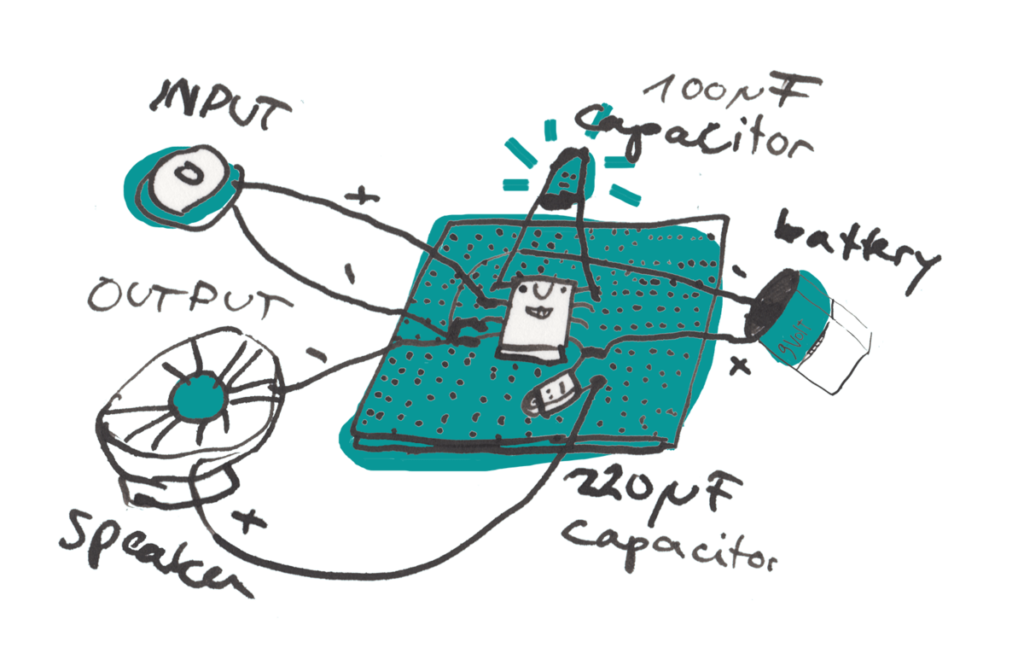
Hacking has an aura of rebellion and is democratizing decentralization. But products are not produced by sophisticated robots, but through working hands-on, hacking away under sometimes harmful conditions. Communities produce, manufacture, hack and repair things, even if out of necessity. Hacking as artistic method generates artistic technology. The open access book Making Artistic Technology contains interviews with hacking artists combined with simple illustrated manuals on how to get yourself started.
Hacking is not a new practice, as long as people had to make do, had to get things done, had to find a quick fix or a new solution, hacking was around. It is commonly seen as a bottom-up, grass root approach to technology, and therefore sometimes associated with an aura of rebellion and democratizing decentralization. Yet, most of our products are not produced by highly sophisticated robots, but by people working hands-on, hacking away under quite harmful conditions, yet with ridiculously small income. And because they don’t own the patent of what they are manufacturing, those who do own the patent get the main portion of the money we pay for these products.
Many artists hack and share their new ideas in workshops. Workshops in which people hack together, try out different circuits and practices, concepts and new variations of concepts. It has developed into a unique and ubiquitous format, that can create a satisfying experience. For a variety of reasons, as you can read in the interviews with artists featured in this book.
The project Making Artistic Technology is supported by the FWF Austrian Science Fund Science Communication program.